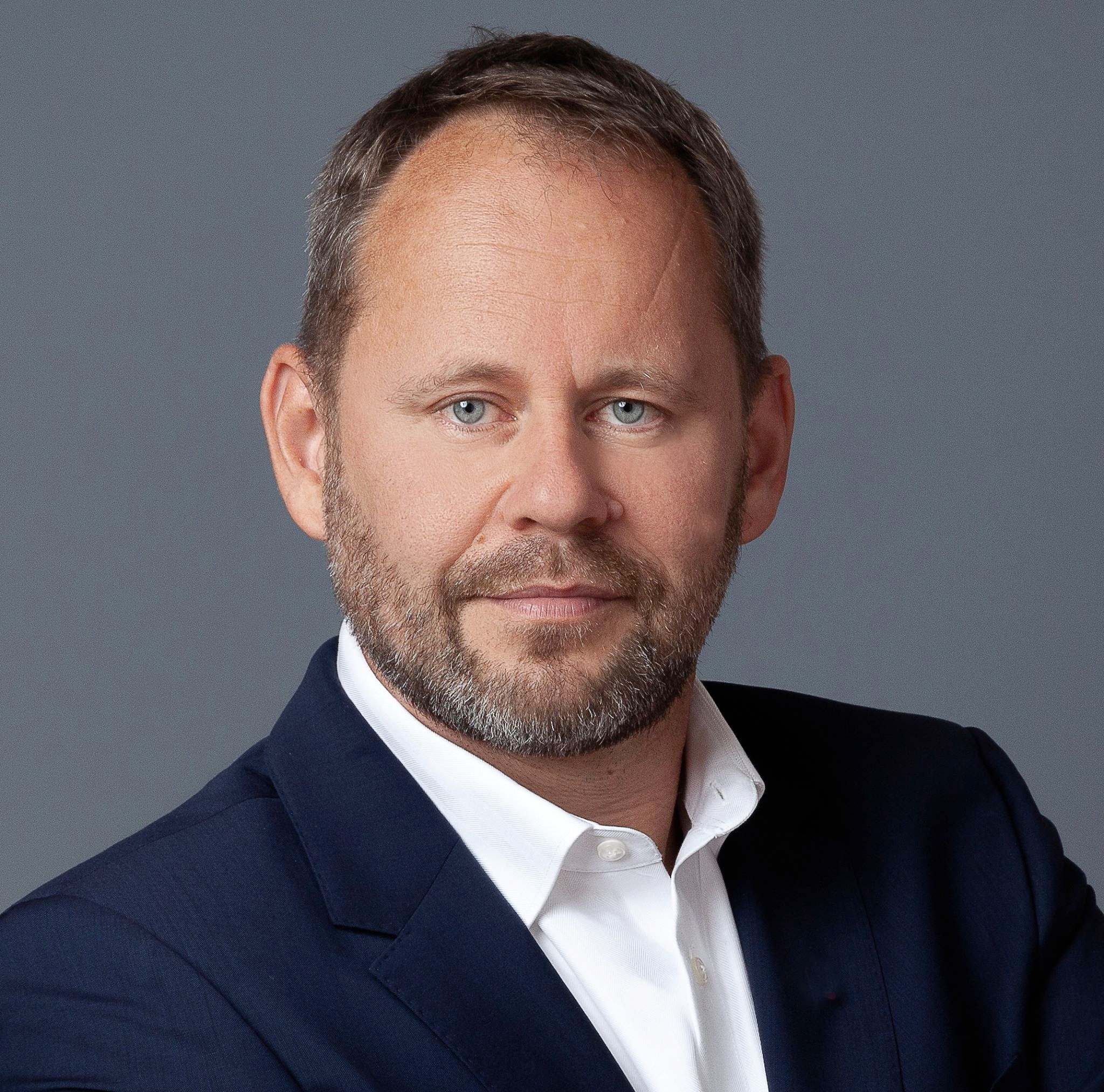86% of local VCs in Hungary don’t have adequate HR knowledge and tools at their disposal. The first comprehensive domestic research on human capital is based on a survey of 22 VC investors. Professional knowledge related to human resources – in contrast to the overrepresented financial and legal aspects – is sorely lacking on the investors’ part, despite the generally accepted myth that they always invest in the team. A related fact is that the startups themselves spend the least amount of the capital they receive from investors on developing human resources.
Future Proof Consulting conducted structured in-depth interviews with 22 representatives of the Hungarian venture capital investor market in late 2022 – early 2023. For the first time in the domestic market, the survey was an attempt to assess investors’ understanding of human resources and the methods they use. The authors of the survey were motivated by the fact that after the investments, 2/3 of the local portfolio companies fail due to some human factor. According to the survey, both local investors and startup managers have a lot to make up for in the application of conscious and up-to-date HR management.
The Myth of Investing in the Team

Patrícia Tarczali, Co-Founder and CEO at Future Proof Consulting
‘I make decisions based on the team – most investors say when asked about the most important factor in their investment decisions. The only problem with this is that, according to their own admission, 86% of investors cannot name what method or procedure they use to assess the human capital in startups. In other words, even investors lack an adequate and concrete methodology-based analysis of human capital, which provides the main value of companies. So, of course, it is difficult to tell the startup what and how it should develop in order to achieve the jointly set business goals,’ Patrícia Tarczali, human capital expert and co-founder of Future Proof Consulting, describes the main outcome of the research.
In order to increase the current survival (success) rate in the startup sector, which is generally believed to be 10%, human capital is the key, and everyone involved agrees on this. According to the authors of the survey, the success rate could easily reach 30% with the relevant development of human capital alone, which would significantly boost the economic value of the sector by increasing the export capacity, thus contributing to the national GDP.
The Lacking Culture of Human Capital Development
Based on the research of Future Proof Consulting, most investors in the field of human capital rely only on their personal knowledge of people and previously acquired practical experience, or simply on their business instincts, i.e. they judge objectively measurable things subjectively.
According to the research, human resources don’t get examined or measured in the day-to-day activities of investors, and there is no evidence of this. In addition, the investors have a definite – largely identical – idea of what the characteristics of a good team or a good startup founder are. The ‘recipe’ is in place, however, the ability and knowledge needed to assess these competencies is lacking in nearly 90% of investors, the research concluded.
‘Investment and even portfolio managers of VCs spend most of their time dealing with financial and profit statements, cash flow and quarterly plans, as well as business objectives. At the same time, the audits, competency plans and assessments, managerial and leadership ability assessments related to the human capital that implements the latter and achieves the set goals are not part of their work. This is a problem, because the value of a company can be increased most effectively through its employees,’ Patrícia Tarczali claims.
HR Is Not Just About Recruitment
According to 82% of the respondents, after the investment, it is clearly the competences, abilities, and knowledge of the startup team that represent the biggest challenge both from the point of view of founders and investors. At the same time, despite the fact that investment specialists and founders are aware of these challenges, according to 72% of the respondents, the smallest proportion of investment spending goes to the development of the team and managers.
According to the findings of the researchers, the HR awareness of the startup companies themselves is also low in this context. Most of those involved identify HR problems and dysfunctions at the strategic level as purely operational recruitment problems, thus trying to remedy organizational development challenges by, for example, recruiting.

István is a corporate communications expert from Budapest. He closely monitors and analyzes the interactions between the technology industry and the financial world, as well as the food and agricultural sector.





